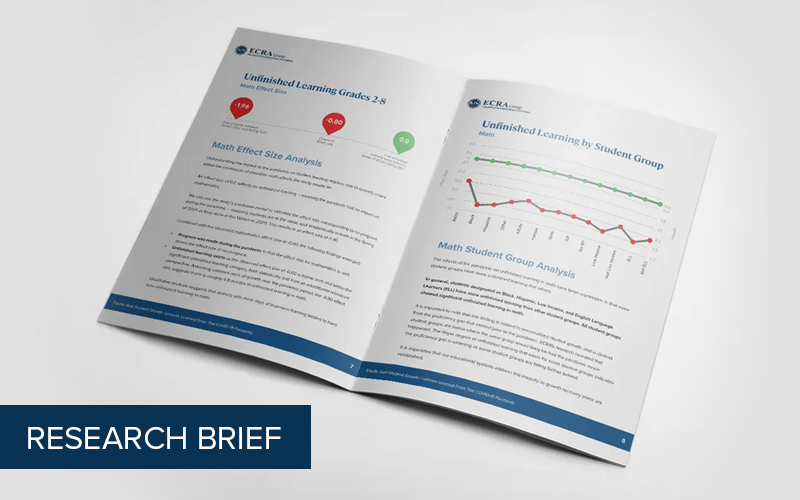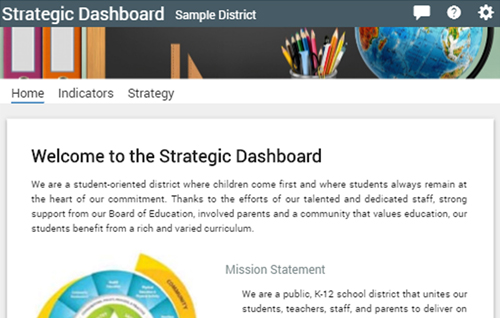The ability to articulate and substantiate a compelling story of student success and school quality ultimately speaks to the return on investment that schools provide the communities they serve. School quality and student success are a matter of definition. For years, federal policy has controlled the definition of student success and school quality as predominately how students perform on state assessments. As educators, we know there are many additional outcomes that predict student success and align closer to the values of local communities. The story of local school districts is more comprehensive than what state report cards capture.
The state report card is only part of the story – unless the missing parts are never told. Absent the rest of the story, the incomplete story told via the state report cards becomes the full story. The idea is to provide communities the full story.
Details










